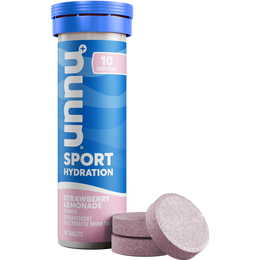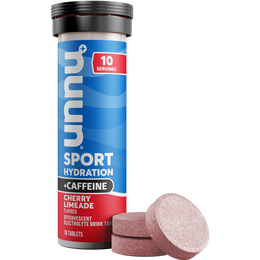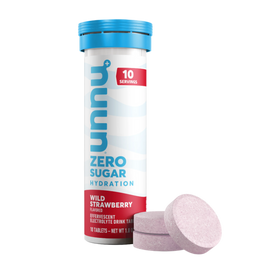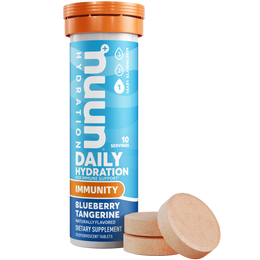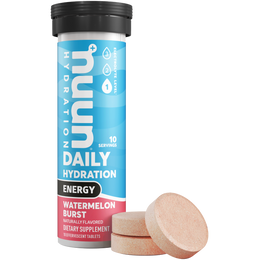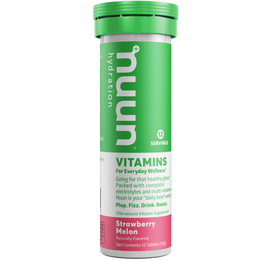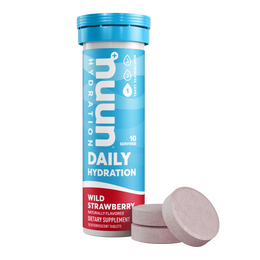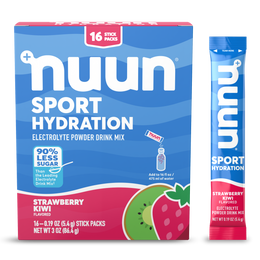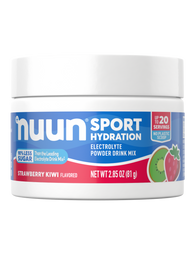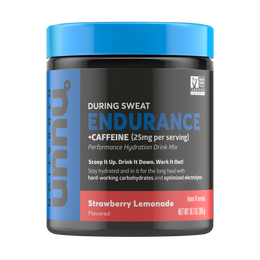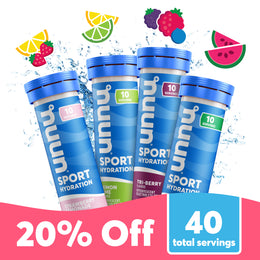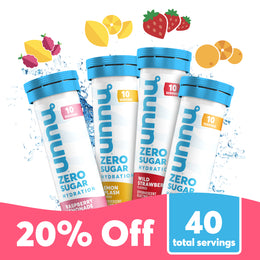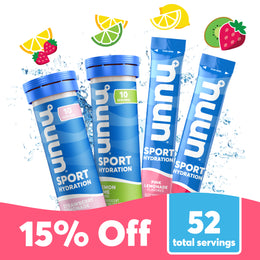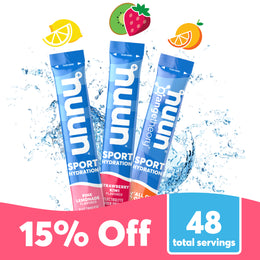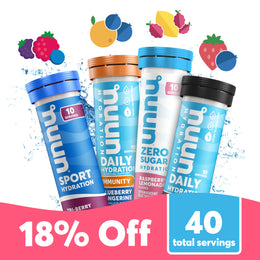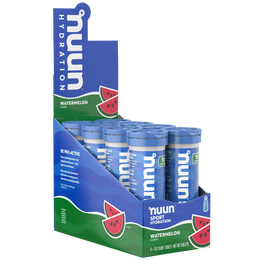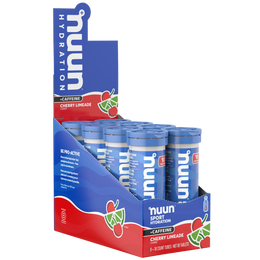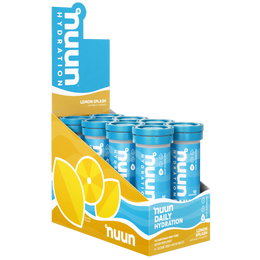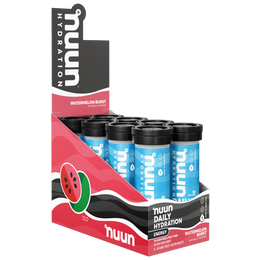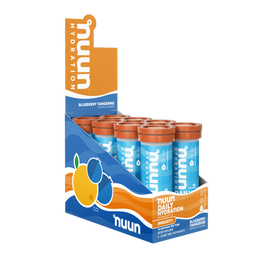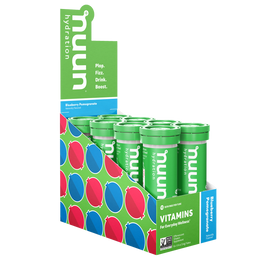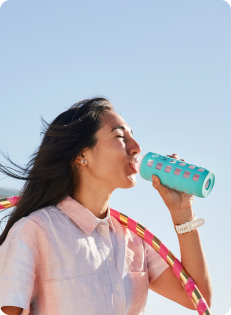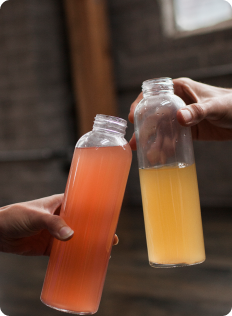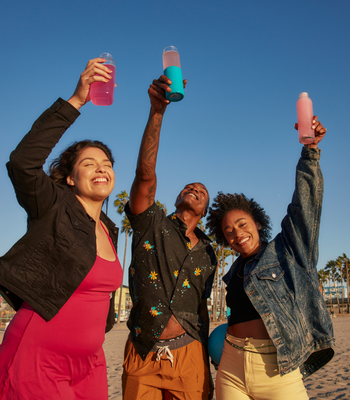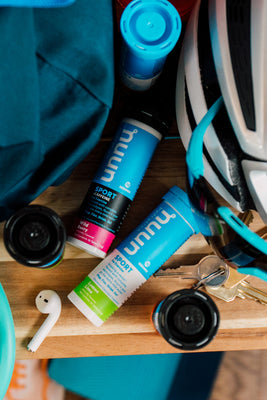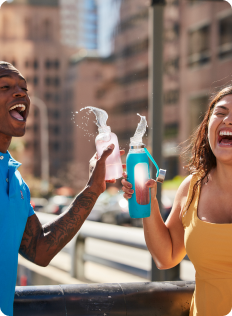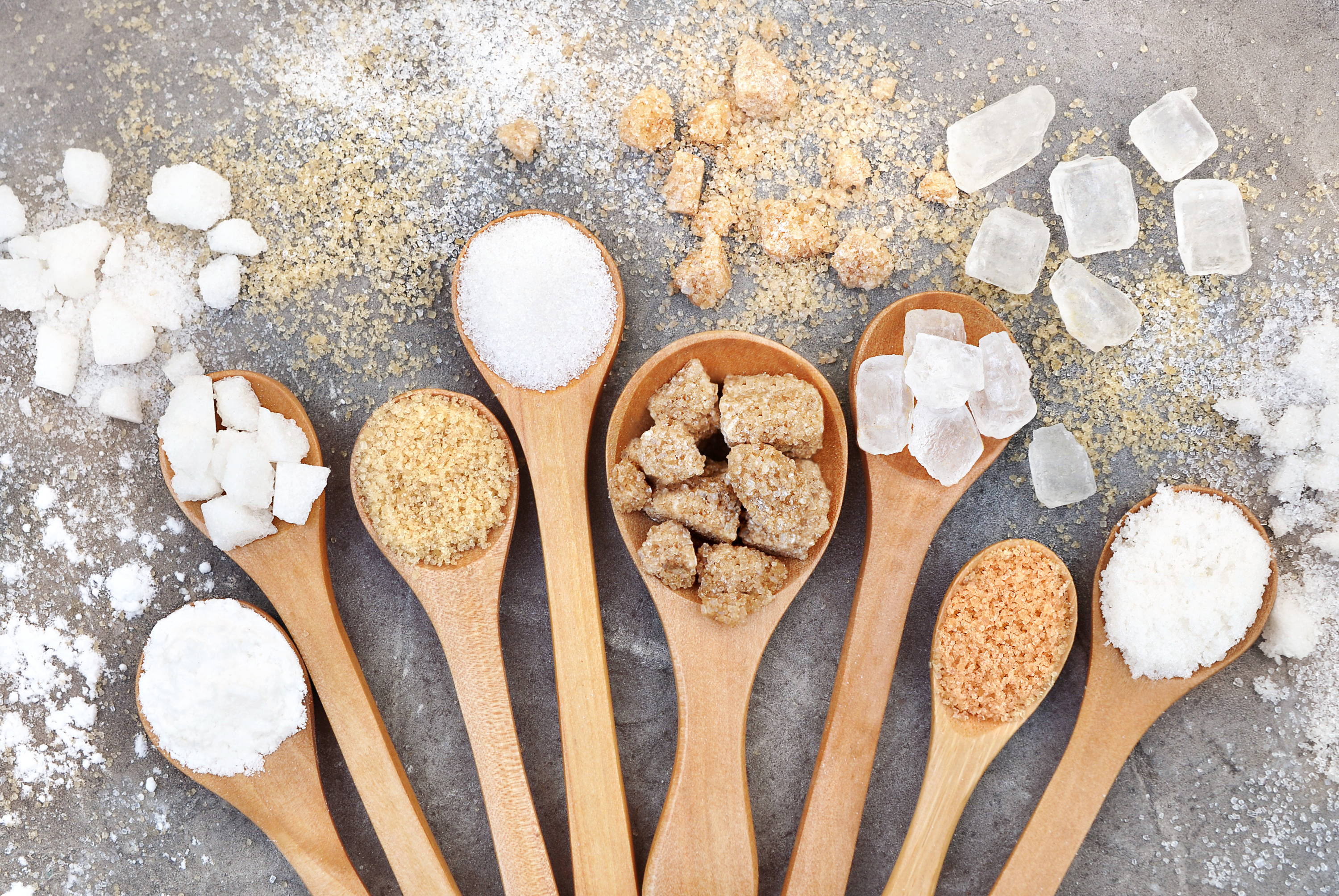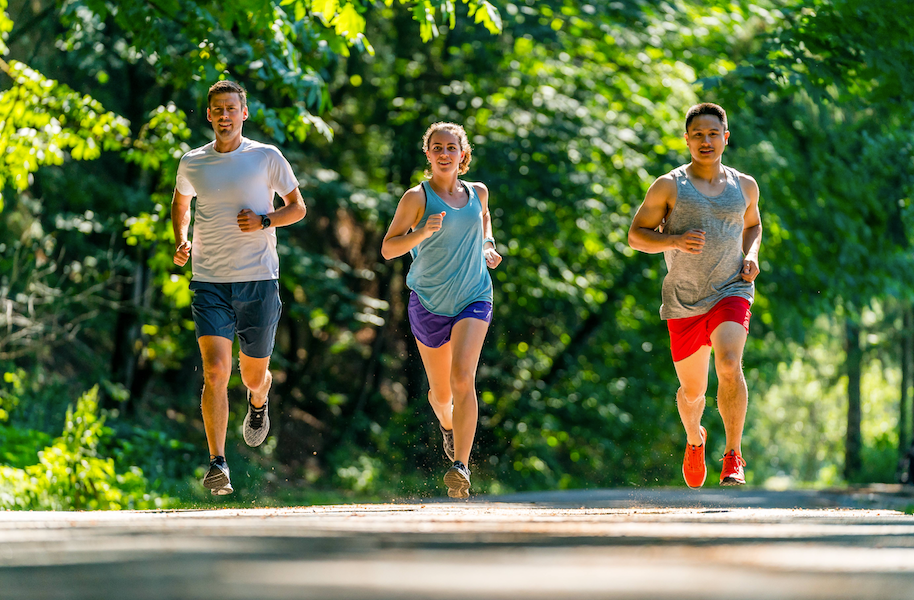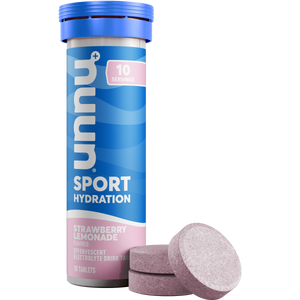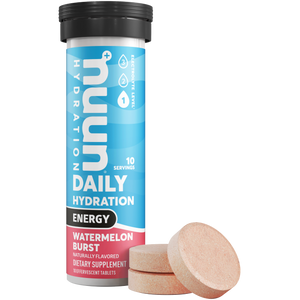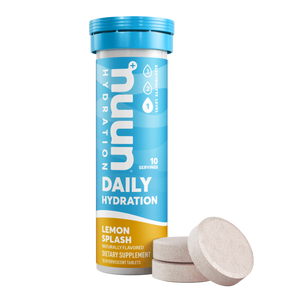Quick Facts: Dehydration and Hangovers
- Alcohol suppresses vasopressin (ADH), increasing urine output within 20 minutes.
- Dehydration worsens hangover symptoms like headache, fatigue, and nausea.
- Hydrate before drinking, alternate alcohol with water, and rehydrate with electrolytes and sodium-rich foods.
- Electrolytes (sodium, potassium, magnesium) help retain fluids and support recovery.
Why does alcohol cause dehydration
Alcohol is a diuretic; it makes your body produce more urine than other liquids, like water or juice, do. According to one study, alcohol can produce urine flow within just 20 minutes of consumption. Increased urine production leads to more frequent urination, which can cause your body to become dehydrated.
Alcohol has this effect because it inhibits the body’s production of vasopressin, an anti-diuretic hormone (ADH). Typically, ADH signals your kidneys to hold on to water. When you drink alcohol, that hormone is suppressed and your body doesn’t hold onto fluids as efficiently, leading to more bathroom trips and a greater loss of water and electrolytes.
This effect begins with drinks that contain a fairly low amount of alcohol. Drinks with even 3-5% alcohol, like most beers, begin to cause this dehydrating effect.
How dehydration intensifies hangover symptoms
Dehydration doesn’t cause hangovers on its own, but it makes symptoms much worse. Low fluid and electrolyte levels can:
- Trigger headaches and dizziness
- Cause fatigue and weakness
- Lead to nausea and stomach upset
- Make you feel mentally sluggish
In other words, dehydration magnifies the discomfort of a hangover.
Does drink choice affect dehydration?
In general, little research has been done to accurately determine if some forms of alcohol are more dehydrating than others. Some types of drinks may be more hydrating simply because they contain higher levels of non-alcoholic fluids. A beer, for example, typically contains high water content. Similarly, a shot of vodka mixed with juice or soda may be more hydrating than vodka alone, because it contains additional fluids.
Dark liquors, like brandy or bourbon, however, contain high levels of congeners, compounds that may worsen the severity of hangovers.
Ultimately, all types of alcohol can lead to dehydration, so it’s important to take a few precautions before and after you drink.
Tips to stay hydrated while drinking alcohol
Proper hydration probably won’t prevent a hangover altogether, but there’s still good reason to hydrate before and during a night of drinking. Dehydration can lead to symptoms like excessive thirst, headaches, fatigue, and dry mouth — all of which can make your hangover even more intense.
By hydrating properly before having a few drinks, you may be able to lessen the symptoms of your hangover. Make sure to follow these tips:
- Hydrate before drinking: If you’re already dehydrated when you begin drinking, your blood alcohol concentration may increase more quickly. By hydrating early, you can reduce how dehydrated you eventually become. A drink that includes electrolytes like a glass of water and Nuun Vitamins tablets can help you maintain proper fluid balance as the night progresses.
- Don’t drink on an empty stomach: With food in your stomach, your body will absorb alcohol more slowly, which can slow the effects of alcohol-induced dehydration.
- Alternate beverages: Switching between alcoholic and non-alcoholic drinks will reduce the total amount of alcohol you consume.
- Pace yourself: Sip slowly rather than consuming multiple drinks quickly. Avoid taking shots.
Does alcohol inhibit athletic performance?
Rehydrating is especially important if you plan to run, cycle, or work out the day after a night of drinking. That’s because alcohol can hurt your workout the next day. Here’s how:
- Decreased performance due to dehydration: If you begin a workout dehydrated, due to a few drinks the night before, you will likely struggle to perform your best. And if the exercise itself dehydrates you further (also known as exercise-induced dehydration), your performance may suffer even more.
- Lower energy: When you have alcohol in your system, your liver prioritizes the breakdown of that alcohol, which means it may not perform its other functions at full capacity — such as producing glucose. If your body doesn’t produce enough glucose, your body will likely become tired more quickly.
- Increased cramping: Because your liver is working hard to rid your body of the alcohol, it also won’t be as effective at clearing out lactic acid, which your body produces during exercise. Lactic acid buildup in your body can lead to muscle cramps and fatigue.
Best ways to rehydrate after drinking alcohol
Try these strategies to reverse dehydration from alcohol:
- Incorporate electrolytes. Start replenishing fluids but choose one with electrolytes. Drinks with sodium, potassium, and magnesium help your body absorb water and restore balance.
- Choose salty foods. Sodium helps the body retain water more effectively and counteracts losses from urination.
- Skip the “hair of the dog.” Don’t have another drink when you wake up; it will only delay recovery.
Why do electrolytes help with hangover recovery
Electrolytes are essential minerals that help regulate fluid balance and nerve function. When alcohol causes dehydration, it also drains electrolytes through increased urination. Replacing both fluids and electrolytes is key to feeling better.
- Sodium helps your body retain fluids.
- Potassium supports muscle and nerve function.
- Magnesium aids in energy production and relaxation.
Pro tip: Nuun Sport and Nuun Daily provide a clean, balanced mix of electrolytes designed to help your body rehydrate effectively after a night out.
The Bottom Line on Dehydration and Hangovers
Alcohol dehydrates your body by suppressing hormones that regulate fluid balance, leading to greater water and electrolyte loss. This dehydration amplifies classic hangover symptoms like headaches, fatigue, and nausea.
The good news? With smart hydration strategies—drinking water before, during, and after alcohol, plus replenishing electrolytes—you can shorten your recovery time and feel better faster. Nuun makes it easy with hydration products that support fluid balance without unnecessary sugar or additives.
Frequently Asked Questions about Dehydration, Electrolytes and Hangovers
Q: Does dehydration cause hangovers?
A: Dehydration doesn’t directly cause a hangover, but it makes symptoms like headache, fatigue, and nausea significantly worse. Alcohol is a diuretic, which increases urine output and fluid loss.
Q: Why does alcohol make you pee more?
A: Alcohol suppresses the hormone vasopressin (ADH), which normally tells your kidneys to retain water. Without ADH, your body excretes more fluids through urination.
Q: What’s the fastest way to rehydrate after drinking?
A: Start with water as soon as you wake up, and add electrolytes like Nuun Sport tablets that contain sodium, potassium, and magnesium to help your body absorb and retain fluids.
Q: Can dehydration affect your liver?
A: Dehydration can put a lot of pressure on your liver, making it difficult for the organ to function properly. Drinking enough water throughout the day can help in dehydration prevention and ensure your liver is well-hydrated, allowing it to perform its functions more efficiently.
